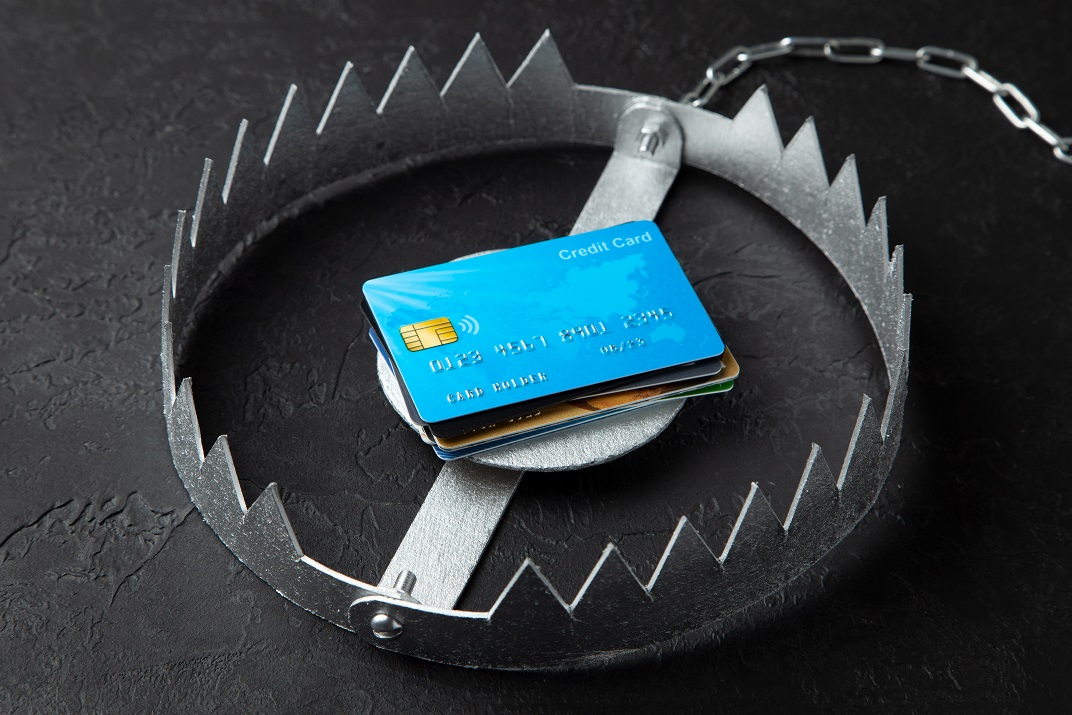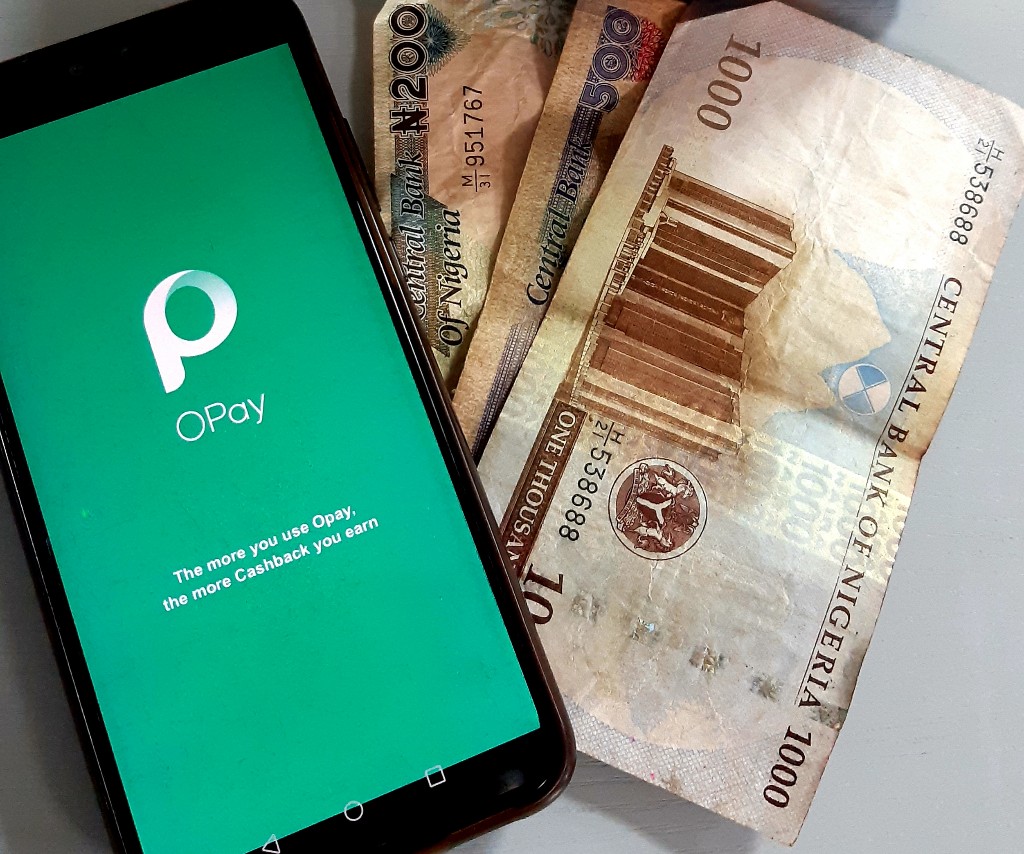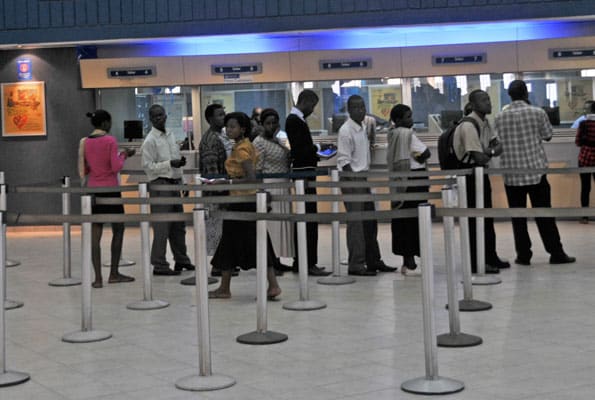Just three months into 2020, the coronavirus (COVID-19) has arrested the world’s attention. Authorities have begun placing cities on lockdown and most importantly, people have been stocking up on items to aid their time in isolation.
While the negative effects of the COVID-19 pandemic might put a lot of Nigerians under serious financial strain, securing personal loans might be a way out for some people.
A few years ago, this was a difficult task, but the arrival of digital platforms offering collateral-free loans eased the process.
However, for low to average income earners in Nigeria, and for small business owners, securing loans from digital platforms might have the same effect as violently struggling while stuck in quicksand.
Issues with digital lending platforms in Nigeria
In January 2019, a publication by Hindenburg and an investigation prompted by the report revealed that most digital lending apps in Nigeria could possibly be in violation of Google’s policy on personal loans. A closer look at the lending practices on these platforms has raised a number of questions.
In an earlier article, discussions with users of lending platforms like Branch, Carbon, Fairmoney, and Aella Credit revealed that their minimum repayment periods were usually not less than 30 days.
Also, in most cases, the average annual percentage rates (APRs) of these apps were as high as 250%, but were cloaked with monthly interest rates averaging about 20%.
“You don’t notice these things because most of them only offer small amounts of money, but when you calculate the interest rate, you see that it’s very high,” says Michael, a concerned user.
Upon registration, most of these platforms start out with low amounts ranging from ₦1,000 to ₦5,000, at an interest rate of 20% or higher, but with a promise to increase loan limits and reduce interest rates after each repayment.
However, Dupe (not real name), a user of the Branch platform revealed that for the past six months, while the loan limit has increased with each repayment, the interest rate has stayed the same.
“When I was borrowing ₦5,000 or ₦10,000, I didn’t notice the interest rate was high, as I would only pay back ₦6,000 or ₦12,000,” she says.
“Surprisingly, when I tried to borrow a larger amount, about ₦28,000, I saw that I had to pay back ₦33,640, an extra ₦5,640,” she adds.
Another user revealed that starting at 15% with then Paylater (now Carbon), he kept on trying to improve the interest rate until it dropped to about 5%. One day he was forced to update the app and everything reset to default settings, with the interest rate returning to 15% and higher.
Worse still, most users insist that failure to pay on the due date could lead to embarrassment, as representatives of some of these platforms will start calling people on the borrower’s contact list about the outstanding repayment.
For platforms that offer larger loan amounts like Renmoney and Page Financials, the narrative becomes slightly trickier.
Both Renmoney and Page Financials have relatively low monthly interest rates compared to others and may seem like go-to options in periods of great financial need, but a few things might go unnoticed in the fine print of their offer letters.
Both platforms offer interest rates ranging from 3.5% to 5%, much lower than the 20% charged by other microlenders right? Well, a lower interest rate might still be deceptive when compound interest is being applied.
Samuel (not real name), a former marketer for a digital lending company, reveals that the interest on the principal sum is added to the borrower’s monthly repayments. “At an interest rate of 4%, if you borrow ₦1 million, for 12 months, about ₦40,000 will be added to the principal, ₦83,333, that you are supposed to pay each month,” he explains.
“This will amount to ₦123,333 for each month, and ₦1,480,000, at the end of your repayment period. You can see that the interest you’ll be paying at the end of the year is almost half of what you borrowed.”
According to Samuel, a number of factors such as the kind of company you work for, monthly salary, marital status, and, sometimes, gender, could determine the kind of interest rate you are offered.
Our inquiries revealed that on a ₦100,000 monthly salary, a loan of ₦200,000 from Renmoney or Page Financials will likely amount to ₦26,000 every month and ₦312,000 at the end of a 12-month period – an interest rate of 56%.
Also, repayment periods for low to average income earners do not usually go below 12 months, as borrowers are usually not allowed to service monthly debt repayments with more than 40-50% of their monthly income.
This means that if you earn ₦100,000 monthly, your debt repayment should not be more than ₦40,000 or ₦50,000.
Commercial banks and age-long negativity
For the better part of 2019, a number of commercial banks offered collateral-free personal loans at highly competitive rates — much better than those offered by most micro-lending apps.
The likes of GTBank, Access Bank, and UBA all currently offer loans at rates below 2%. In most cases, these banks are in a much better position to determine a customer’s credit scores than micro-lending platforms.
“Their rates are far better than the cut-throat rates that I was being offered when I was using all those lending apps, and I can’t believe I haven’t been using it since,” a GTBank user reveals.
However, it appears that a large number of users still turn to digital micro-lending platforms, when in urgent need of cash.
Samuel attributes this to the age-long negative narrative that has become synonymous with securing a bank loan.
“When some people think of bank loans, they still imagine things like cars, houses, and land for collateral. Narratives such as banks seizing people’s property because they defaulted on a loan, or spending months or years to process one, are still fresh in people’s minds,” he argues.
Samuel’s assertion seems close to the truth, considering that prior to the rise of fintechs and the increase in the loan-to-deposit ratio by the CBN, getting loans from commercial banks was notoriously difficult.
As the COVID-19 pandemic persists, it appears that some of these lenders have stepped up marketing for people to secure collateral-free personal loans.
Chinedu (not real name), a Lagos resident we spoke with, claimed that he was contacted by agents of a lending platform, urging him to secure a loan during this period.
While this might be a good plan to help, the current terms associated with loans from these companies raise some suspicion.
According to Samuel, the combination of compound interest and a borrower’s debt-to-income ratio, leads to longer repayment periods, and of course higher amounts to be paid at the end of that period. But people are still borrowing.
“When marketing, the easy targets are those who are desperate and in dire need of cash, or those who are too careless to care about the details of the loan,” Samuel says.
In fact, from our discussion with a customer care agent of one of these lenders, we gathered that no plans have yet been made to restructure existing loans of customers to help them cope with the effects of the COVID-19 pandemic in Lagos.
As at press time, a couple of digital platforms we reached out to are yet to respond to official inquiries made on some of these points of interest.
However, the culture of predatory lending seems to be attracting regulatory attention in Africa. The Kenyan government has since started an investigation into predatory lenders that have been charging high-interest rates.
The situation in Lagos might also witness a change as the state government looks set to overhaul money lending operations to meet current standards.
Though digital lending platforms, despite some regulatory challenges, are looking to fill gaps in the lending sector, from our inquiries, it appears the current terms only favour high-income earners. But as banks begin to turn up the heat, the odds may be moving to favour the average customer.
Hi, my name is Emmanuel Paul and I am a lover of mysteries and great stories. Thankfully, the steps to prevent coronavirus (COVID-19) — personal hygiene — are not mysterious, and it’s time to filter the stories we hear/see very carefully. Kindly follow all relevant tips from the NCDC, WHO, and other related bodies.
Do your part; when in doubt, verify.












